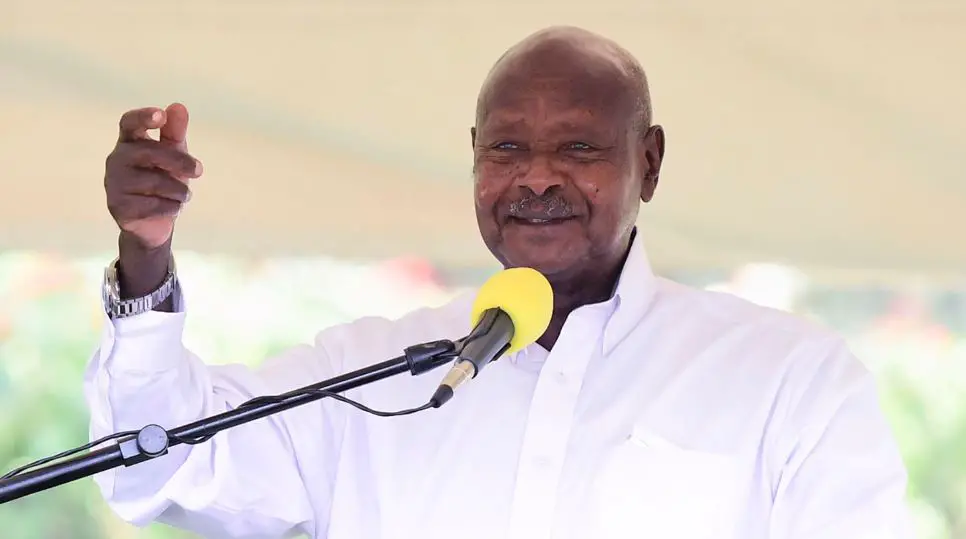President Yoweri Museveni under the National Resistance Movement/Army captured power on January 26, 1986, after staging a protracted five-year bush war.
“Every generation has a duty to identify its legitimate historical mission and fulfil it. Our legitimate historical mission to our society is; unity, prosperity and strategic security of Africa, ” Museveni told the crowds cheering him while commissioning Buhimba—Nalweyo—Kakumiro [93Km] road, as part of celebrations to mark the NRM 37th anniversary.
According to the NRM spokesperson, Emmanuel Dombo, “the NRM government is constitutional and we have maintained and observed our Constitution, which was not the case with all the previous regimes. The Judiciary, Legislature and Executive are operational and people fully participate in the decision-making through elections.”
However, Museveni’s regime has been criticized for corruption, land evictions, poverty and youth unemployment as the major challenges.
Joel Ssenyonyi, the spokesperson of the opposition National Unity Platform (NUP), observed that the 37 years of NRM have yielded fewer fruits to Ugandans, especially in the sectors of Education, health, human rights, and political tolerance.
“Human rights have been deteriorating for years, many people are abducted, beaten and tortured in all forms just because of their political beliefs. The quality of democracy is also so wanting because the brutality on opposition members is the order of the day yet we are in a multi-party system,” he added.
The NUP spokesperson says there is no need to celebrate the NRM liberation since most of the reasons why President Museveni waged the 1980 guerilla war have already taken shape in his own regime.
NRM Secretary General, Mr Richard Todwong, said, “governance is not something easy, once in a while, you might rub someone in the way or go against the rules of engagement which should be understood… if there are people who feel maybe we didn’t perform to their expectations, we just say you forgive us we shall improve.”




















